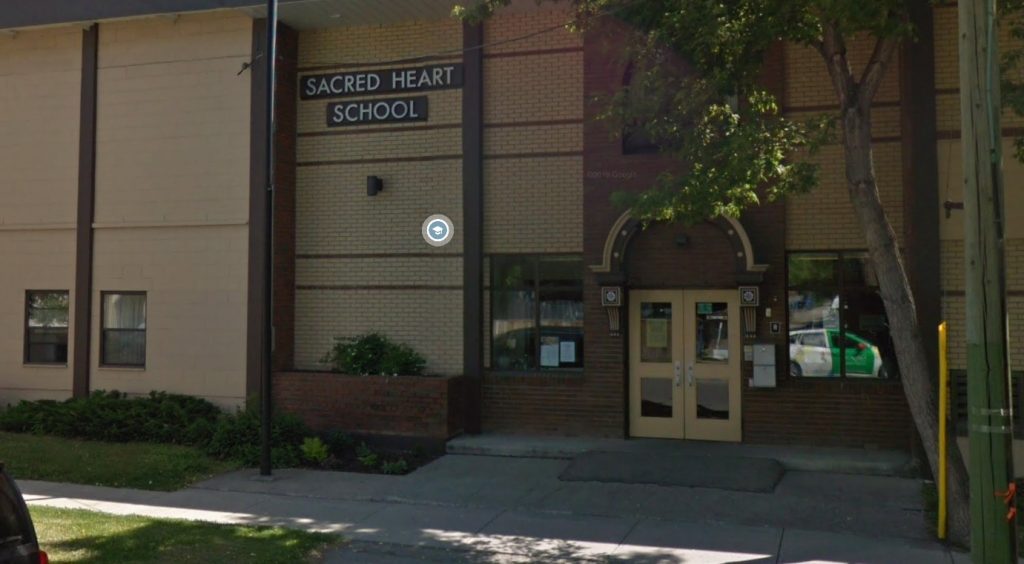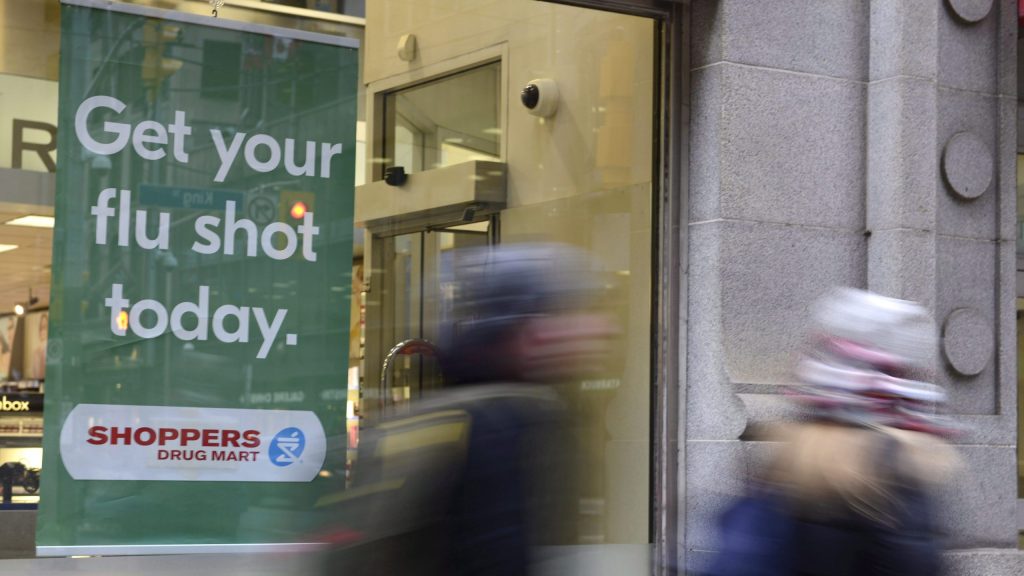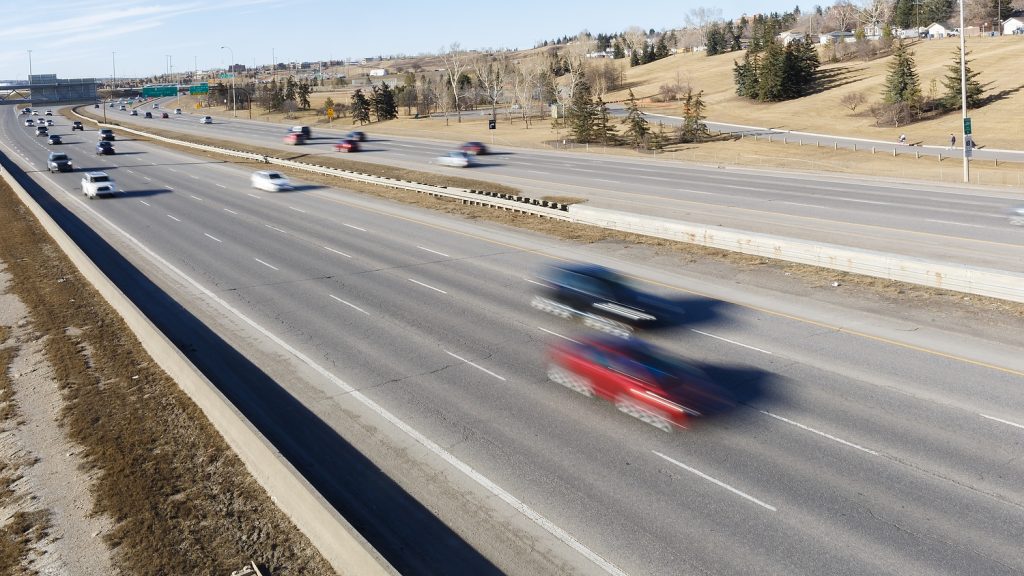Tunisian sought in Berlin attack was seen earlier as terror threat
Posted Dec 21, 2016 6:53 am.
Last Updated Feb 11, 2017 8:30 am.
This article is more than 5 years old.
German authorities have launched a Europe-wide manhunt for a Tunisian man with ties to Islamic extremists who has been identified as a suspect in the Berlin Christmas market attack, lawmakers said Wednesday.
A German security official said authorities had considered him a possible terror threat previously and had been trying to deport him after his asylum application was rejected this summer.
The man is being sought in Germany and across Europe’s border-free travel zone, Interior Minister Thomas de Maiziere said after briefing Parliament’s domestic affairs committee. He stressed “this is a suspect, not necessarily the perpetrator. We are still investigating in all directions.”
Twelve people were killed and 48 others injured when a truck plowed into a popular Berlin market Monday evening. ISIS has claimed responsibility.
De Maiziere wouldn’t give details on the new suspect, but committee members said he’s believed to be Tunisian.
The man is in his early 20s and apparently has used various identities, said Stephan Mayer, a senior lawmaker with Germany’s governing conservatives. He said the man was considered part of the “Salafist-Islamist scene” by authorities.
Germany’s chief federal prosecutor told lawmakers that “this Tunisian is a solid lead, his wallet was found in the cab of the truck, but that it’s not clear that he was also the perpetrator,” said Burkhard Lischka of the Social Democrats, the junior governing party.
The new suspect apparently arrived in Germany in 2015 and lived in three German regions since February, mostly in Berlin, said Ralf Jaeger, the interior minister of western North Rhine-Westphalia state.
Jaeger said that “security agencies exchanged information about this person in the joint counter-terrorism centre, the last time in November.”
Jaeger told reporters on Wednesday that state police had launched proceedings against the man on suspicion that he was preparing a serious crime.
Separately, the man’s asylum application was rejected in July. German authorities detained him in preparation to deport him but weren’t able to do so because he didn’t have valid identity papers, Jaeger said, and in August they started trying to get him a replacement passport.
“Tunisia at first denied that this person was its citizen, and the papers weren’t issued for a long time,” Jaeger said. “They arrived today.”
A Tunisian official said German investigators are trying to determine the role of the man, who he said was named Anis Amri. The official, speaking on condition of anonymity before Germans spoke more about the investigation, said Tunisian authorities were requesting more information on the German probe into the suspect.
Related stories:
Man arrested in Berlin Christmas market truck attack released
Truck rams into German Christmas market, killing 12 people
Toronto Christmas Market heightens security on heels of Berlin attack
A Tunisian living in France was shot to death after carrying out a similar attack on July 14 Bastille Day revelers in the southern French city of Nice, killing 86 people.
Police in Berlin said they had received over 500 tips on the Monday evening attack.
Shortly after the attack, police arrested a Pakistani man found a kilometre from the market who matched witness descriptions of the truck’s driver. However, they released him the next day, saying they did not have evidence tying him to the attack.
The claim of responsibility carried on the ISIS’ Amaq news agency late Tuesday did not identify the man seen fleeing from the truck, but described him as “a soldier of the Islamic State” who “carried out the attack in response to calls for targeting citizens of the Crusader coalition.”
Germany’s top prosecutor, Peter Frank, told reporters before the ISIS claim that the attack was reminiscent of the Nice rampage and appeared to follow instructions published by ISIS. He also said it wasn’t clear whether there was one perpetrator or several.
Christmas shoppers were out again in the streets Wednesday in the German capital, and Berlin Mayor Michael Mueller said it was “good to see that Berliners aren’t being intimidated.”
“I don’t think there’s any need to be afraid,” he told ZDF television. “The police presence has been significantly heightened … and of course other measures taken to find the perpetrator quickly.”
Mueller argued that there are limits to increasing security, given the number of public spaces and events.
“It wouldn’t be our free and open life any more if we escalated security measures so much that people worry about going anywhere, that there are strict entry checks,” he said. “We don’t want that. It must be appropriate and goal-oriented.”
The Associated Press’ Frank Jordans in Berlin and Bouazza ben Bouazza in Tunis contributed to this report.










